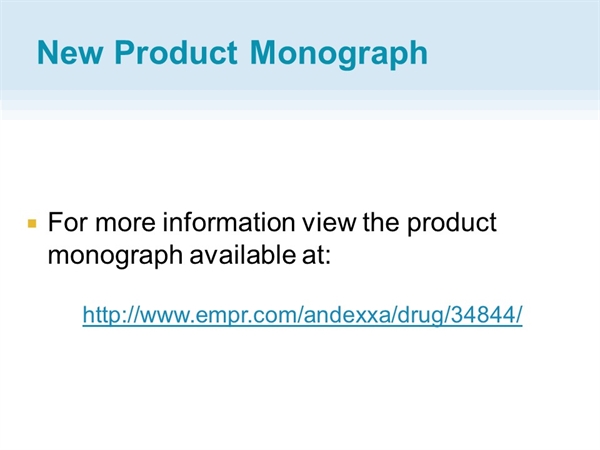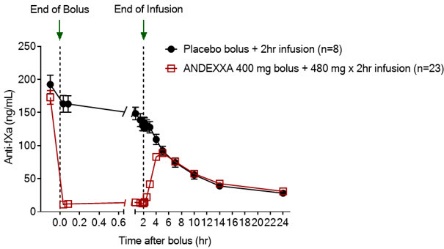


i Comprehensive details of this retrospective database analysis are included in the study details section below. i Dabigatran was associated with lower rates of MB compared to rivaroxaban (HR: 0.77, 95% CI: 0.67-0.90). In the analysis, apixaban use was associated with lower rates of both stroke/systemic embolism (S/SE) and major bleeding (MB) compared to dabigatran ( ) or rivaroxaban ( ). & NEW YORK) Novem– The Bristol-Myers Squibb-Pfizer Alliance today presented new real-world evidence (RWE) from a sub-analysis of the ARISTOPHANES study comparing the safety and effectiveness of non-vitamin K antagonist oral anticoagulants (NOACs), including Eliquis ® (apixaban), in non-valvular atrial fibrillation (NVAF) patient populations aged 80 and older (n=46,208). This oral presentation is one of 16 Bristol-Myers Squibb-Pfizer Alliance-sponsored abstracts featured at the American Heart Association Scientific Sessions 2018.Eliquis ® (apixaban) was associated with lower rates of stroke or systemic embolism and major bleeding in elderly patient populations when compared to rivaroxaban and dabigatran.


 0 kommentar(er)
0 kommentar(er)
